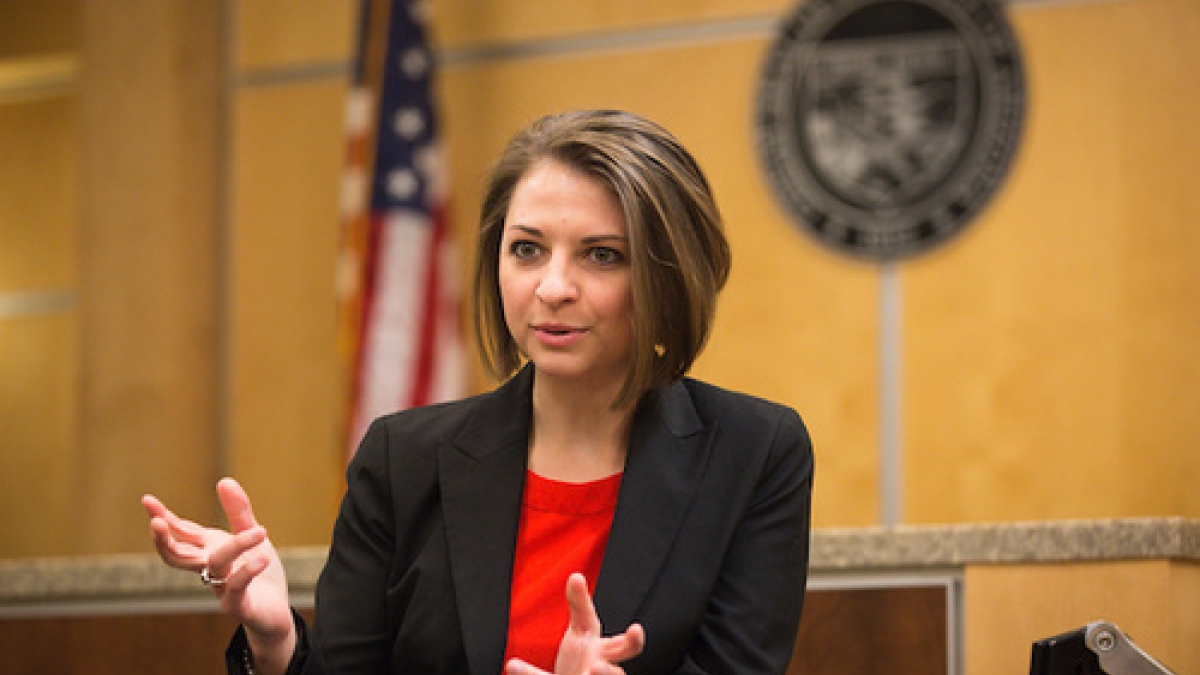ASU assistant professor receives Fulbright US Scholar Award

ASU Assistant Professor Tess M.S. Neal.
The U.S. Department of State and the Fulbright Foreign Scholarship Board have announced that Tess M.S. Neal, assistant professor of psychology in Arizona State University's New College of Interdisciplinary Arts and Sciences, has received a Fulbright U.S. Scholar Program award to Australia.
Neal will conduct research at the University of New South Wales as part of a project titled “Psychological Assessments in Legal Contexts: Are Australian Judges Screening out 'Junk Science'?”
Psychological testing, based on psychometric science, is often used in court to aid judges in making legal decisions that profoundly affect people’s lives. Although judges are required by U.S. law to screen out junk science, many psychological tests that lack scientific validity are nevertheless allowed into court. Australian evidence law is far less demanding than in the U.S., but anecdotal reports suggest Australian judges may be doing a better job policing the credibility of expert psychological evidence that U.S. judges.
This project will investigate and compare experience with psychological assessment evidence in U.S. and Australian courts, focusing on country-level differences in evidence laws and the implications of these differences for all expert evidence.
As a Fulbright scholar, Neal will share knowledge and foster meaningful connections across communities in the United States and Australia. Fulbrighters engage in cutting-edge research and expand their professional networks, often continuing research collaborations started abroad and laying the groundwork for forging future partnerships between institutions.
Upon returning to their institutions, labs and classrooms in the United States, they share their stories and often become active supporters of international exchange, inviting foreign scholars to campus and encouraging colleagues and students to go abroad.
As Fulbright scholar alumni, their careers are enriched by joining a network of thousands of esteemed scholars, many of whom are leaders in their fields. Fulbright alumni include 60 Nobel Prize laureates, 88 Pulitzer Prize recipients and 39 who have served as a head of state or government.
The Fulbright Program is the U.S. government’s flagship international educational exchange program and is supported by the people of the United States and partner countries around the world. Since 1946, the Fulbright Program has provided more than 400,000 participants from over 160 countries the opportunity to study, teach and conduct research, exchange ideas, and contribute to finding solutions to shared international concerns. The primary source of funding for the Fulbright program is an annual appropriation by the U.S. Congress to the U.S. Department of State’s Bureau of Educational and Cultural Affairs. Participating governments and host institutions, corporations and foundations in foreign countries and in the United States also provide direct and indirect support.
More Law, journalism and politics
Can elections results be counted quickly yet reliably?
Election results that are released as quickly as the public demands but are reliable enough to earn wide acceptance may not…
Spring break trip to Hawaiʻi provides insight into Indigenous law
A group of Arizona State University law students spent a week in Hawaiʻi for spring break. And while they did take in some of the…

LA journalists and officials gather to connect and salute fire coverage
Recognition of Los Angeles-area media coverage of the region’s January wildfires was the primary message as hundreds gathered at…

